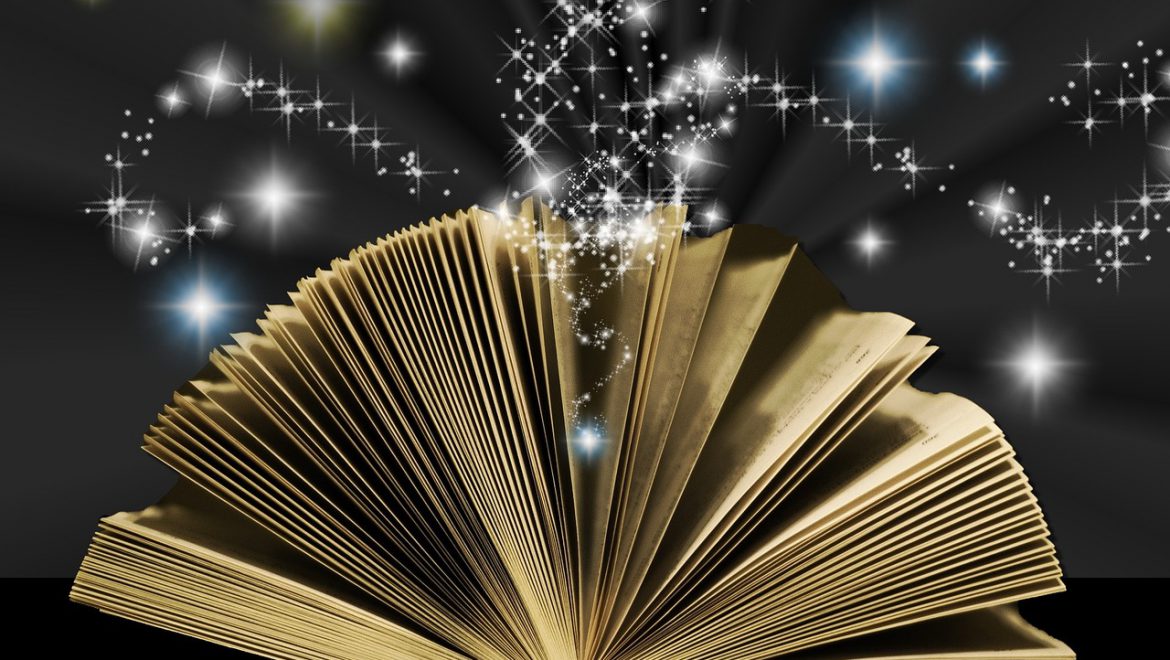
“A Psalm. Sing a new song to the LORD, for He has done wondrous things; He has saved by His right hand and His holy arm. The LORD has made his salvation known; He has displayed His righteousness in sight of the nations. He remembered his loving-kindness and faithfulness to the House of Israel; all the ends of the Earth have seen the victory of our LORD.” (Psalms 98:1-3)
These are the opening verses of the 98th chapter of Psalms, which we recite every Friday night as a part of the Kabbalat Shabbat service. The prayer begins by discussing the salvations and wonders God has done for the people of Israel, and transitions into describing ways we should praise Him. Some weeks, I speed through this prayer without much thought. At more festive services, I sing the prayer, but the emotion and joy are evoked by the energetic dancing and the camaraderie of other congregants, not by the words themselves. My first Yom Haatzmaut in Israel changed that.
But this year, I am in Israel for Yom Haatzmaut, and I went with my yeshiva (school) to the Israeli town of Efrat for the beginning of the holiday (like all Jewish holidays, Yom Haatzmaut starts in the evening). There, with a local synagogue’s festive youth minyan (service), we recited a series of prayers I had never before heard or seen.
The order of prayers recited on the evening of Yom Haatzmaut, to my surprise, is found in the siddur (prayer book) I use every day. Many communities in the United States and other Diaspora countries may recite it, but I never personally experienced it nor even knew of its existence. In Efrat, the recitation of these prayers elicited a large congregation of both men and women. With guitars, a flute, tambourines, and a bongo drum, the service was festive and jubilant. The dancing was fast and exciting, with nearly a hundred young people, Israeli and American, arm in arm, jumping up and down and spinning in fast horas (circles).
The dancing, which continued throughout the evening, prevented me from holding a prayer book and following the service. That was not actually a problem. Many of the prayers were ones I already knew; psalms we recite every Friday night as we welcome the Sabbath. Through the exuberant singing of Psalms 98, I gained new meaning for a prayer I know in my sleep.
Those versed in the history of Israel’s independence know what an incredible feat the creation of the Jewish state was. As I sang, “..He has done wondrous things; He has saved by His right hand and His holy arm,” I thought of the state that was granted to the Jewish people only three years after the death of six million of their own in the Holocaust. “The LORD has made his salvation known; He has displayed His righteousness in sight of the nations,” reminded me of the country of 700,000 Jews who fought off the armies of five major Arab states to secure its independence in 1948. And when I belted, “He remembered his loving-kindness and faithfulness to the House of Israel,” I took a moment to appreciate how lucky I am to be a part of it all.
Israeli Independence Day is more than just a date in a history book. It is a day on which the whole nation comes together to call out in praise and thanks to God, and celebrate the miraculous State that enables Jews to live freely and get closer to Him. When I say these words again tonight, and on every Sabbath that follows, and on every Yom Haatzmaut in the coming years, I will pray with a new sense of wonder and inspiration for the incredible people and state of which I am a part.


